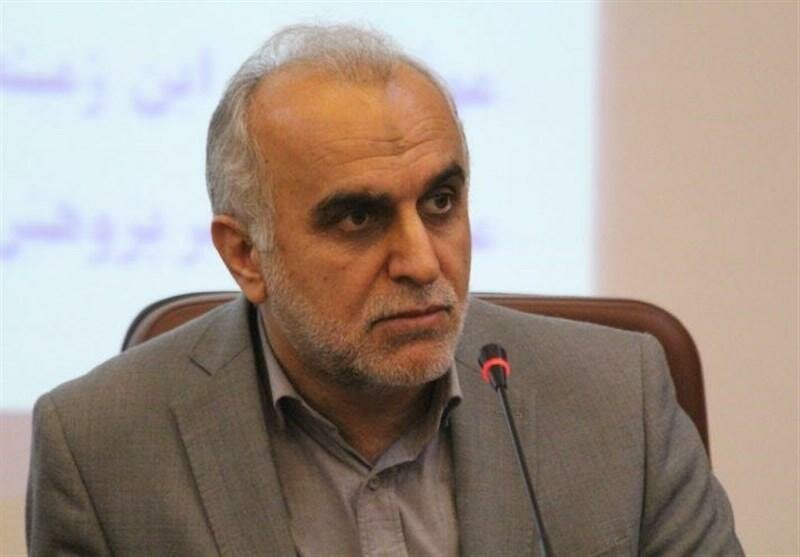‘Iran's share of One Belt, One Road initiative should rise’

TEHRAN- Iran’s share in the One Belt One Road (OBOR) initiative should rise, given the country’s background and historic status in the Silk Road, Iranian Finance and Economic Affairs Minister Farhad Dejpasand stressed.
The minister made the remarks in an interview with IRNA in Beijing on the sidelines of the Second International One Belt, One Road Conference.
One Belt, One Road is very important for Iran, and Tehran has been accompanying well with the initiative of the Chinese president, Dejpasand noted.
He went on to say that in line with the implementation of the One Belt, One Road projects, significant capacities and unique geographic features of Iran have led to a lot of benefits for the country within the framework of this engagement.
The Second International One Belt, One Road Conference is held in Beijing from April 25 to 27.
The Belt and Road Initiative (BRI), also known as the One Belt One Road (OBOR) or the Silk Road Economic Belt and the 21st-century Maritime Silk Road is a development strategy adopted by the Chinese government involving infrastructure development and investments in 152 countries and international organizations in Europe, Asia, Middle East, Latin America and Africa.
"Belt" refers to the overland routes for road and rail transportation, called "the Silk Road Economic Belt"; whereas "road" refers to the sea routes, or the 21st Century Maritime Silk Road.
The Chinese government calls the initiative "a bid to enhance regional connectivity and embrace a brighter future". Some observers see it as a push for Chinese dominance in global affairs with a China-centered trading network.
MA/MA
Leave a Comment